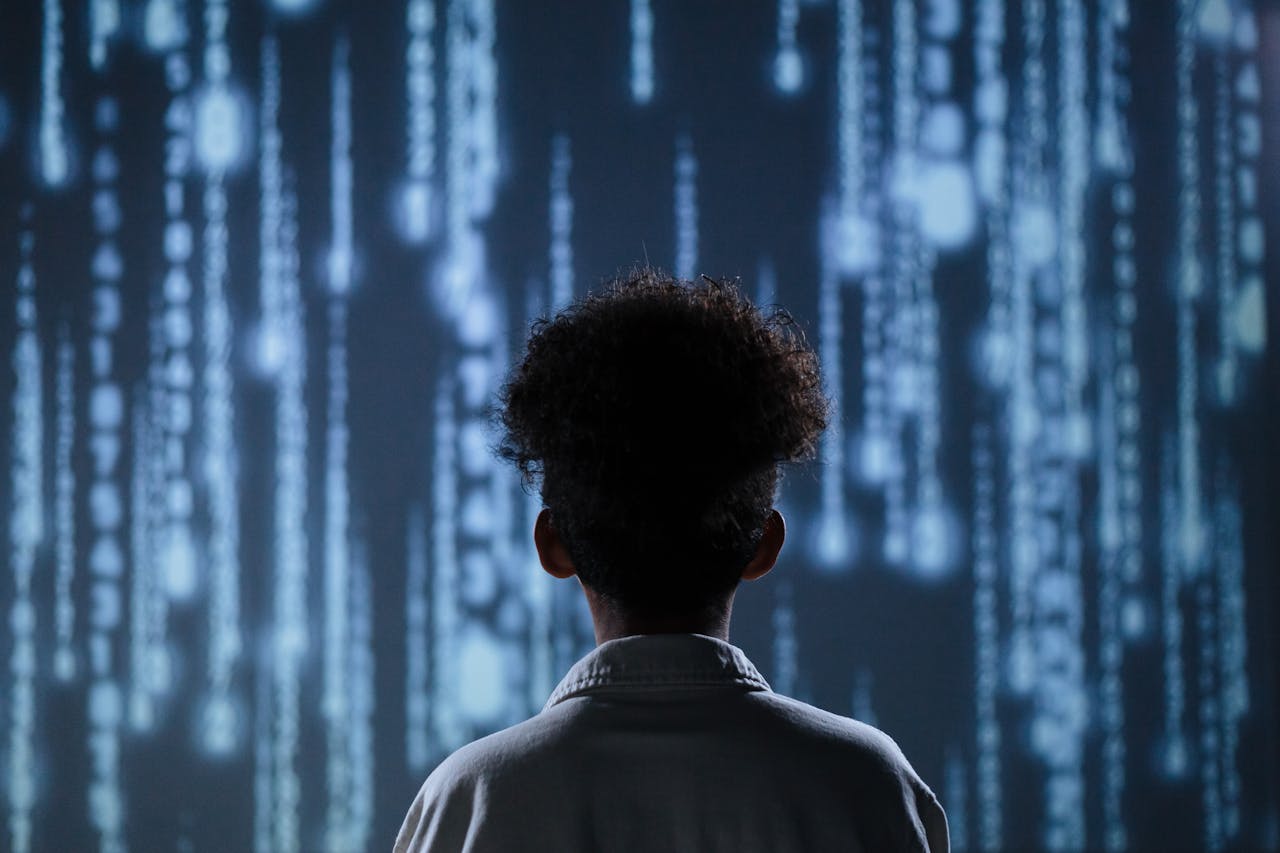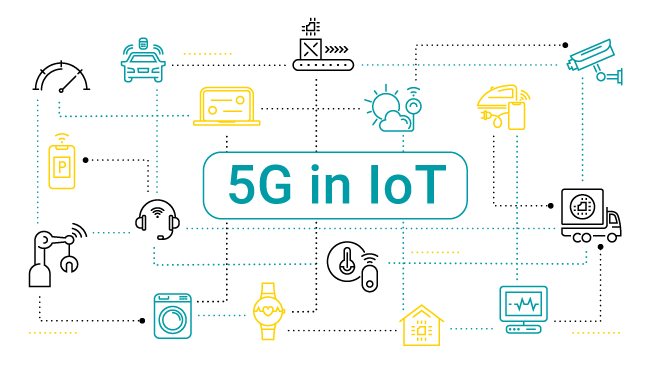Write Us: hello@ali5.org
What Happens to Your Data After You Die? Tech’s Creepiest Question
What happens to your data after you die? Uncover how tech companies handle digital legacies, who can inherit your accounts, and why planning your digital afterlife matters.

We set up our photos, emails, bank accounts, social media profiles, and internet subscriptions over the course of years. Not many people ever stop to think about what will happen to all of it when they die.
Even though it’s uncomfortable, it’s important to talk about it as more of our lives move online. Your “digital remains” don’t just go away. They are stored on computers and kept safe with passwords for a long time. Sometimes, loved ones can get to them, and sometimes they stay in company limbo.
We’ll talk about how big tech companies handle death, who owns your data after you die, and why making plans for your “digital afterlife” might be just as important as writing a will.
You die, but your digital self doesn’t.
If you die, your web accounts don’t close down on their own. They stay open until someone closes them or until they aren’t used for a while, and an automatic process starts. In other words:
- People may still wish you a happy birthday on Facebook.
- Messages may keep coming into your Gmail mailbox.
- Your computer storage could still have private files on it.
The trouble is that getting into those accounts isn’t easy. Privacy laws and company rules often make it impossible to see close family members unless you make special plans ahead of time.
What the law says about your data after you die
There isn’t a single rule in most countries that says what should happen to your digital assets when you die. Insteadd, rules are different in each place and on each site.
As an example:
- In the US, some states follow the RUFADAA (Revised Uniform Fiduciary Access to Digital Assets Act), which lets estate managers access some digital accounts if the person who died gave written permission to do so.
- EU: Data protection rules like GDPR are mostly about people who are alive, which makes it hard to understand what happens to digital remains after death.
- In Pakistan and many other places, there isn’t a specific law, so businesses depend on their own terms of service.
In the end, the government won’t give your online life to your family members automatically. If you don’t have a plan, you might not be able to get into your accounts again.
The way big platforms deal with death
Some of the most popular services deal with user death in the following ways:
-
Instagram and Facebook
It lets users request that their accounts be memorialized or destroyed. Memorialized profiles let people see the information but not log in. You can give a Legacy Contact some limited control over things like tribute posts and profile photos.
-
Google (YouTube, Gmail, Drive)
It has a function called “Inactive Account Manager.” You can pick trusted friends who will get your information after a certain amount of time (3–18 months). You can also pick to have your account deleted for you.
-
Apple (Photos, iCloud, and iMessage)
It has a service called Digital Legacy. Your Legacy Contacts will be given a unique key to your account after you die.
-
Microsoft (OneDrive and Outlook)
Families need a court order to get to the info. Still no built-in tool for planning for heritage.
-
X and Twitter
Will delete accounts if a confirmed family member asks them to. Doesn’t let you log in or give you access to stored info.
The creepy side of technology is still there.
Strange things can happen when accounts aren’t used after someone dies:
- AI resurrection: Some businesses use old posts, videos, and texts to make chatbots that act like the person who died.
- Identity theft: Hackers take information from accounts that aren’t being used.
- Emotional triggers: Automatic memories, like birthday messages, can come from the deceased’s account and surprise friends and family.
The fact that “dead” doesn’t always mean “gone” online is pretty frightening.
Who will own your data after you die?
The platform’s rules of service say who owns what legally. Most of the time:
- The platform is not yours; you only have the right to use it.
- When you die, that license is over.
- Your pictures, documents, and videos are still yours, but you need to get permission or plan ahead to access them.
That’s why telling someone your password isn’t enough. Sharing accounts isn’t allowed by many services, even after someone has died. Making formal plans is the safest thing to do.
How to Make Plans for Your Digital Afterlife
Here are some things you can do to keep your online life from dying out:
1. Make a will online
- Make a list of all your accounts, including bank, phone, cloud storage, and social media.
- Write down what should happen to each one: delete, archive, or move.
- Choose a digital agent.
2. Use the legacy tools that come with the program
- Set up Google’s Account Manager for Inactive Users.
- Add your connections to Apple Digital Legacy.
- Pick the Legacy Contact or account deletion choice on Facebook.
3. Keep access safe when storing
- Use a password manager that lets you add a known emergency contact.
- Don’t use sticky notes or files that aren’t secured.
4. Think about what you’ll leave behind
- Pick out the pictures, movies, or papers that you want to keep.
- Now is the time to get rid of private or useless files, not later.
Why this is more important than you think
These days, your digital personality might last decades longer than your real one. Imagine that your personal blog, YouTube channel, or Instagram photos will still be around long after you’re gone. No one will have edited them, so they could be deleted, hacked, or even used in the wrong way.
Not only does planning help you avoid awkward birthday reminders, but it also protects your legacy, your privacy, and the mental health of those you leave behind.
In Short
You don’t log out when you die. If you don’t do something now, your online accounts could stay the same, change, or even be used against you. It’s up to you to decide what happens to your digital self until the rules catch up.
Don’t like the thought of it, but neither is leaving your internet life with a business or a criminal. What happens to your info after you die isn’t the only question. Is it okay for someone else to make the choice?







